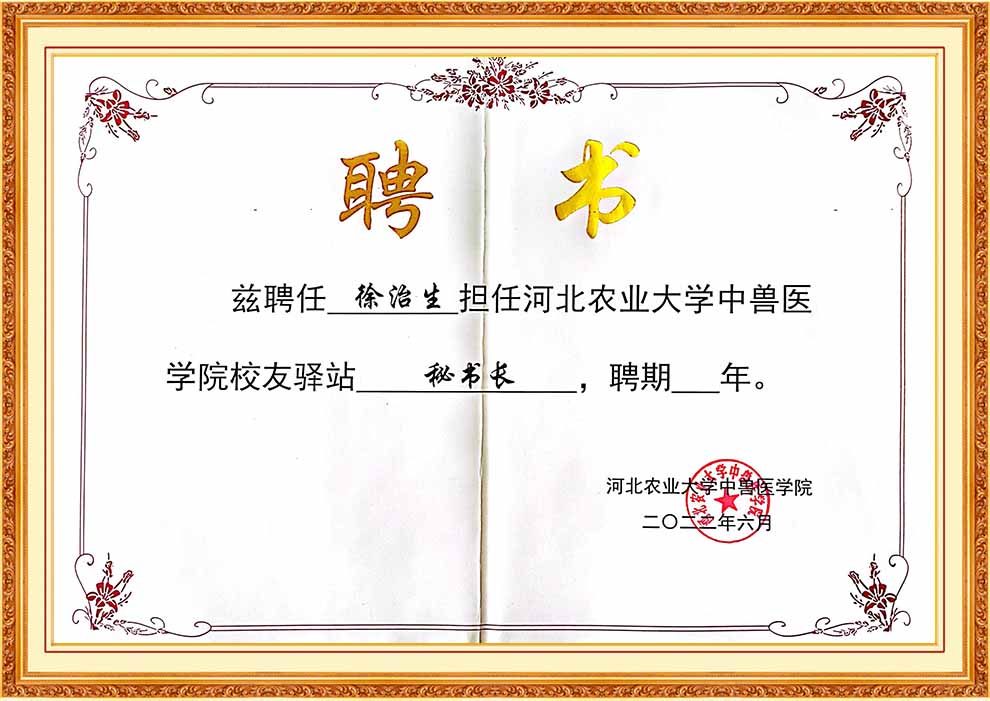
Nov . 06, 2024 15:53 Back to list
Soluble Tylosin Tartrate Production at Tylan Factory for Enhanced Animal Health Solutions
Understanding Tylan and its Significance in Industrial Applications
Tylan, known scientifically as tylosin tartrate, is a potent antibiotic primarily used in veterinary medicine. It belongs to the macrolide group of antibiotics and is particularly effective against a variety of gram-positive bacteria and some gram-negative bacteria. The use of Tylan has been critical in livestock and poultry industries where bacterial infections can lead to significant economic losses, both in terms of animal health and productivity. This article provides an overview of Tylan, its applications, the manufacturing process, and its importance in modern agriculture.
What is Tylan?
Tylan is derived from the fermentation of the bacteria *Streptomyces fradiae*. It acts by inhibiting protein synthesis in bacteria, making it an effective means of controlling microbial infections in animals. Tylan’s effectiveness against respiratory and gastrointestinal infections makes it vital for treating diseases in cattle, pigs, and poultry. Its broad spectrum of activity allows farmers to manage a range of infections, thus improving animal welfare and increasing productivity.
Applications of Tylan
The primary use of Tylan is in therapeutic treatments for livestock and poultry industries. It is used to treat and prevent diseases such as porcine mycoplasmal pneumonia in pigs and necrotic enteritis in poultry. Additionally, Tylan is employed as a growth promoter in some regions, aiding in the overall growth and health of livestock. This use, however, has come under scrutiny in recent years due to concerns over antibiotic resistance, leading to regulatory changes in various countries.
Tylan is also used in companion animals, though its application is less common. In small animal medicine, it may be employed for treating certain infections, particularly those caused by susceptible bacteria.
Manufacturing of Tylan
tylan soluble tylosin tartrate factory

The manufacturing process of Tylan involves fermentation, extraction, and purification. The starting material, *Streptomyces fradiae*, is cultured in a controlled environment, where it produces tylosin. This fermentation process takes place in large bioreactors that facilitate optimal growth conditions such as temperature, pH, and nutrient levels.
Once fermentation is complete, the next step involves extracting tylosin from the culture broth. This is usually achieved through a series of filtration and precipitation methods. The resulting compound undergoes further purification processes, including crystallization, to obtain high-quality tylosin tartrate.
Modern manufacturing facilities dedicated to producing Tylan adhere to strict regulatory standards to ensure the safety and efficacy of the antibiotic. This includes compliance with Good Manufacturing Practices (GMP) which guarantee that the production methods meet the required quality standards to produce pharmaceutical products.
The Importance of Tylan in Agriculture
The significance of Tylan in agriculture cannot be overstated. It not only helps in controlling diseases in livestock but also contributes to the economic viability of farms. Healthy animals lead to increased productivity, higher quality products, and ultimately, better returns for farmers. Additionally, as the global population continues to rise, the demand for protein sources from livestock remains critical, and Tylan plays a role in ensuring that these animals are healthy and free from disease.
However, the increasing awareness around antibiotic resistance poses challenges to the continued use of Tylan in agriculture. The scientific community, along with regulatory bodies, is actively engaging in discussions to strike a balance between effective disease management in agriculture and the potential risks associated with antibiotic use. This may include the development of alternatives to antibiotics and the implementation of more stringent guidelines for their use.
Conclusion
In summary, Tylan is an essential antibiotic in the veterinary field, aiding in the management and prevention of bacterial diseases in livestock and poultry. Its manufacturing involves complex processes that ensure the production of high-quality pharmaceutical products. As the agriculture industry evolves, the use of Tylan must be approached with a focus on sustainability and health, ensuring that it remains a valuable tool in modern animal husbandry while mitigating the risks associated with antibiotic resistance. As we move forward, continued research and innovation will be vital in maintaining the balance between animal health, agriculture productivity, and public health considerations.
-
Quality Bacillus Coagulans BC30 Factory - Expert Production
NewsAug.02,2025
-
China Salivation AI with GPT-4 Turbo Features
NewsAug.01,2025
-
Epic Sepsis Factories: AI-Driven Detection with GPT-4 Turbo
NewsJul.31,2025
-
Acute Salpingitis and Oophoritis AI Factory
NewsJul.31,2025
-
Premium China Bacillus Subtilis Supplier & Factory Solutions
NewsJul.30,2025
-
Premium Avermectin Supplier in China | Custom Solutions Available
NewsJul.29,2025




